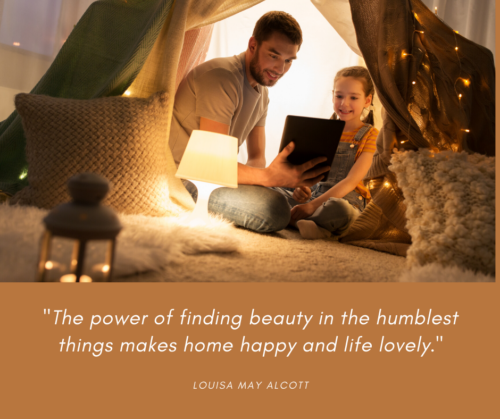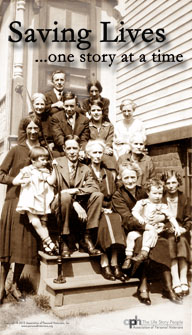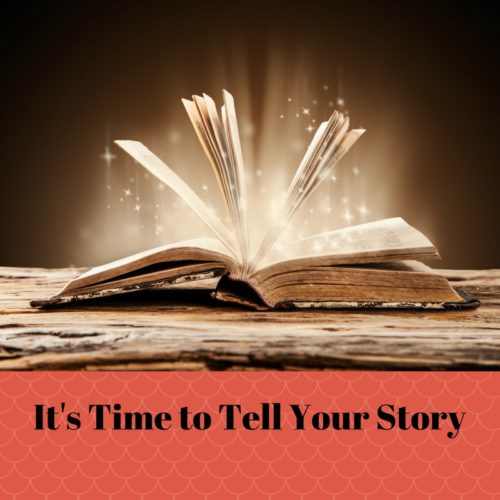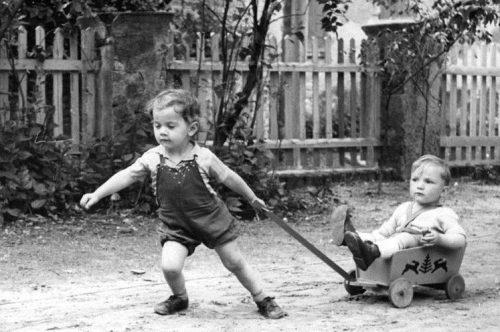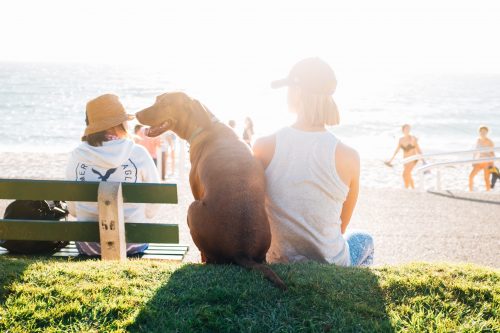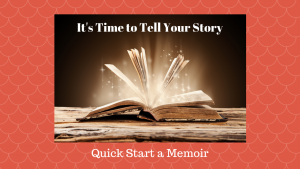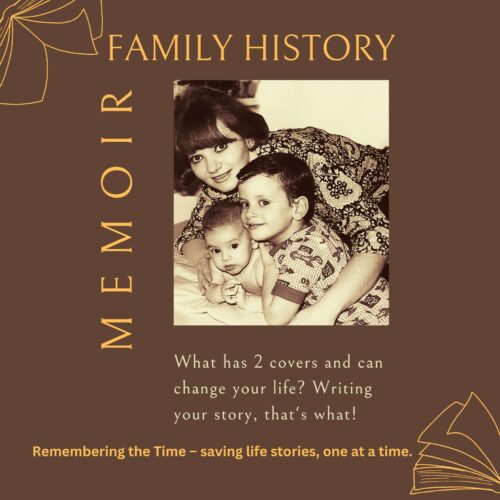
The Power of Being Yourself
Be yourself; everyone else is already taken. This timeless piece of wisdom from author Oscar Wilde is a beacon for anyone embarking on the journey of self-reflection and storytelling. It’s a call to embrace your unique story and share it with the world.
Imagine transforming your life’s moments, both big and small, into a captivating essay or book that resonates with friends, family, and future generations. This is where the concept of a Lifeline comes into play. It’s a simple, yet profound tool to help you organize and reflect on the events that have shaped you.
The Lifeline Project: Your First Step
Creating a Lifeline is akin to sketching the outline of a grand painting, where each stroke represents a pivotal moment in your life. You don’t need elaborate tools to begin—just grab some posterboard, copy paper, or even a whiteboard, and you’re set. Consider using sticky notes and a blank wall for a dynamic and flexible approach. This exercise isn’t just for aspiring authors; it’s for anyone eager to delve into their personal or family history with a fresh perspective.
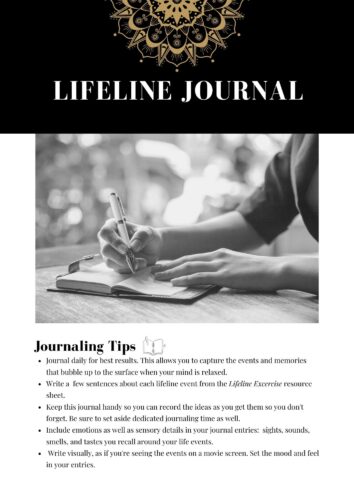
**Getting Started**
Reserve about an hour and start by brainstorming a list of 10 life events. This initial step will open the floodgates to your memory, allowing more moments to surface naturally. You’ll be amazed at how much you can remember during this exercise!
Turning Points and Special Events
Every life is a tapestry of moments that, together, form a unique narrative. Highlighting the turning points and special events in your Lifeline not only outlines your story but also helps you understand the impact of these moments. Consider:
- – Physical locations that hold significance
- – Historical events that intersect with your personal journey
Add bullet points or brief notes about stories that come to mind during this process. Include every sensory detail you can remember. These initial snippets can later blossom into full chapters or essays. Or maybe even a poem if you’re so inclined.
Unleashing Creativity and Capturing Memories
Placing your Lifeline where you can see it daily encourages ongoing reflection and creativity. Let your mind wander through your past before bedtime, and keep a journal nearby to jot down any memories or ideas that emerge. In fact, keep something to take notes with on you at all times during this process. Memories pop up at the strangest times and you don’t want to forget. This practice can unearth forgotten treasures and inspire new insights, potentially becoming key components of your story.
The Act of Starting
Louis L’Amour once said,
Start writing – no matter what – the water does not flow until the faucet is turned on.
Your Lifeline is that faucet.
Whether you prefer jotting down notes, using a voice recording app, or sharing memories with a friend, the key is to begin. This simple act of starting can unleash a flow of creativity and memories, paving the way for your storytelling journey. Give yourself a chance!
Sharing Your Story
Now that you’ve embarked on this journey of self-discovery and storytelling, consider sharing a piece of your Lifeline with others. Whether it’s through a personal essay, a blog post, or a conversation with a loved one, your story deserves to be heard. Remember, it’s not just about preserving memories; it’s about celebrating the unique path you’ve traveled and the wisdom gained along the way.
I’d love to hear about an event from your Lifeline or your goals for storytelling this year. Feel free to hit reply or share with a friend for that extra bit of motivation. Let’s turn those taps on and let our stories flow!
Happy Storytelling!
Karen
PS: Want a couple resources to help you create a Lifeline? Check out my handy memoir writing guide Tell Your Life Story: 10 Tips and Techniques to Write Your Memoir. Or visit the Etsy shop for an elegant Lifeline Journal Bundle ready for you to download and print out so you can begin your journey.
